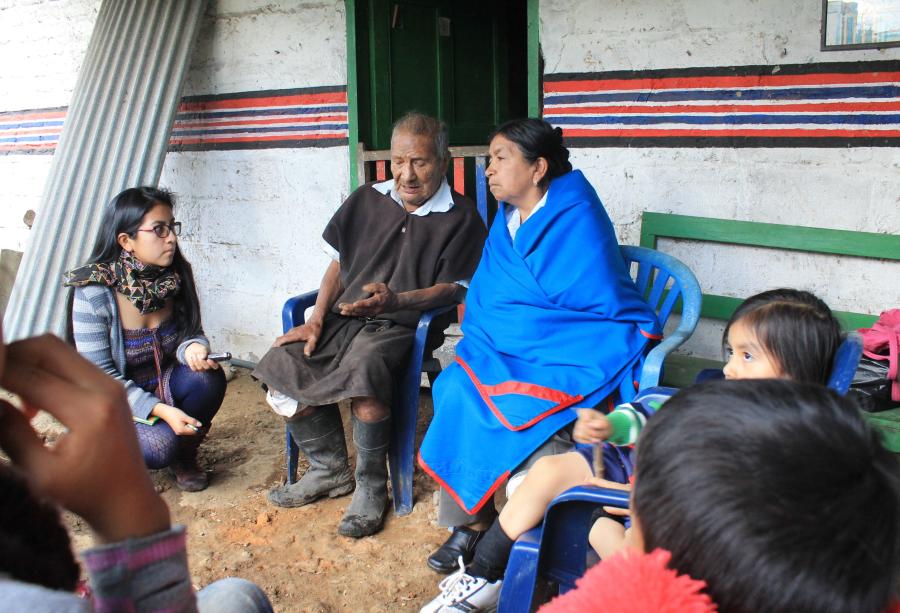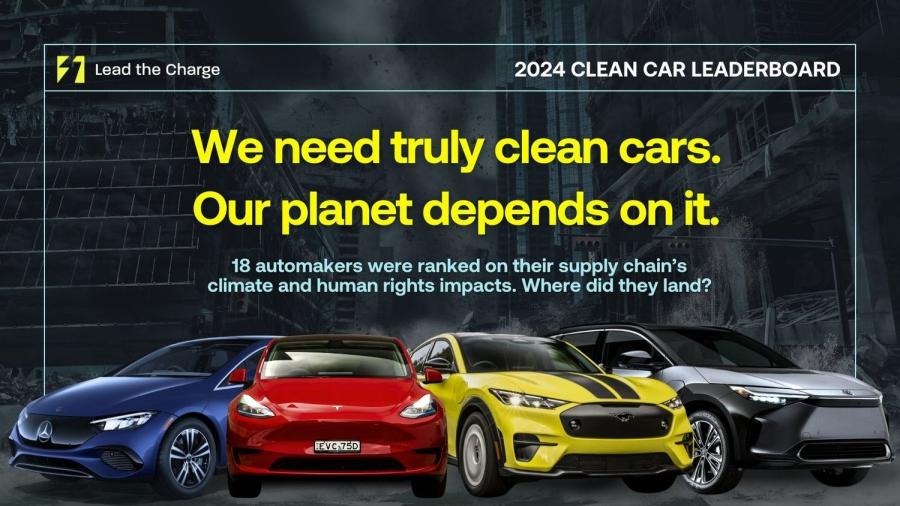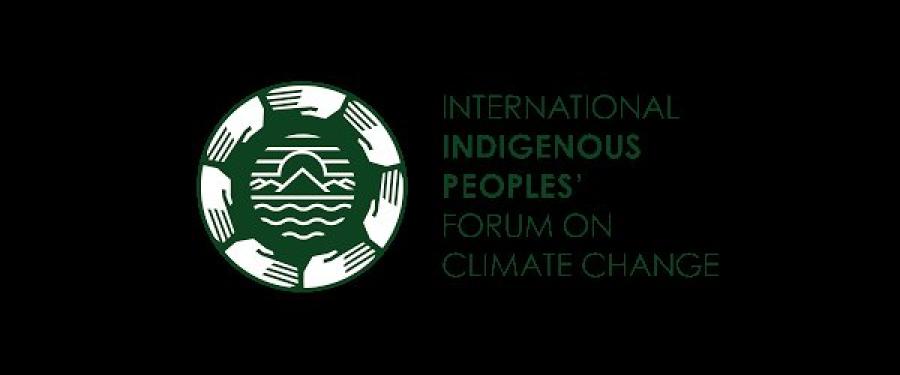In a schoolyard fight, you can tell when you’ve landed an effective blow against a bully: that’s when he gets angry in earnest. With that in mind, we might take some solace from two new laws passed in Papua New Guinea and Panama. (It would be the only cheerful aspect of these laws.)
The legislation in Papua New Guinea is particularly outrageous. Passed by the legislature on May 28, it amends parts of the country’s Environment and Conservation Act and is designed specifically to let corporations operate in the country without the possibility of being sued for environmental damage. The law allows a company, say, a mine, to decide for itself whether its operations will damage communities or environments and to decide how much, if anything, should be deposited in an account before operations begin. Beyond making claims on that fund, Indigenous Peoples whose homelands and ways of life are destroyed have no recourse. Companies cannot be sued or held accountable in any way.
The new legislation was passed in a great hurry, and specifically in response to Cultural Survival’s most recent Global Response campaign. The campaign, in which we joined a coalition of Indigenous Papua New Guinea peoples and nongovernmental organizations, is aimed at stopping a Chinese nickel mine from dumping more than 100 million tons of toxic mine waste into the Bismarck Sea, one of the richest marine ecosystems on earth. If the scale of a response is a measure of the success of the opposition, then this campaign must indeed be succeeding. That’s small consolation, though, if the legislation permits a mining company to destroy the coastal ecology and the lives of people who depend on fishing for their livelihood. That’s why Cultural Survival is supporting Tiffany Nonnggor, a lawyer and human rights advocate who is fighting the government and the Chinese mining company entirely alone and with minimal resources. We helped her find funding to bring international marine biologists to Papua New Guinea for the trial scheduled to begin September 21.
Over the past few months, Panama also passed laws that favor corporations over the environment and Indigenous Peoples. In April, it passed a law making it illegal to block streets during demonstrations—essentially making protests all but impossible to mount. In June, it added a law that eliminated much of the political autonomy of the Ngöbe Bugle people’s reserve, denying them the right to choose leaders in their traditional ways. Then, also in June, the country passed the most extreme of the laws, which limits the right of workers to strike, eliminates the requirement for corporations to submit environmental impact statements, and prohibits the firing of police officers who commit crimes while on duty. It’s telling that the law was passed by the National Assembly with its doors chained shut and riot police surrounding the building.
The Panama situation came to a head in July, when 4,000 Indigenous people took to the streets in protest and the police opened fire with lead birdshot and filled the air with tear gas. Officially, four protestors were killed, although protesters say the number may be as high as twelve. A thousand people were wounded, dozens blinded, and hundreds arrested. But the story didn’t end there: to regain control of the streets, the government was forced to put the offensive new law on hold during a 90-day period of negotiations with civil society leaders.
The Panama laws, too, were passed at least partly in response to a Cultural Survival campaign, in this instance the one against the dam on the Changuinola River that will displace several Indigenous communities. For the past two years we have been pursuing that case against Panama in the Inter-American human rights system, which has severely reprimanded the government.
Clearly we have the bullies’ attention. Now we need to press forward, challenge the laws, publicize the countries’ outrageous behavior, and support those Indigenous Peoples who are on the front lines. With your help, that’s exactly what we will do. See the Global Response action alert on page 17 for ways you can get involved.
Mark Cherrington
Editor and Director of Communications



